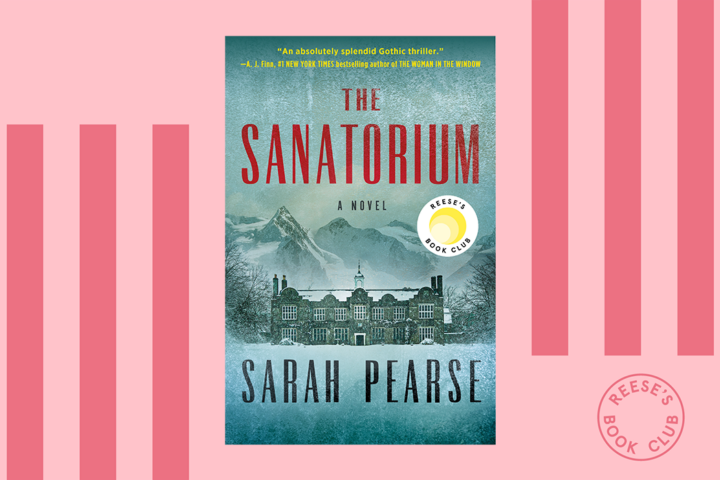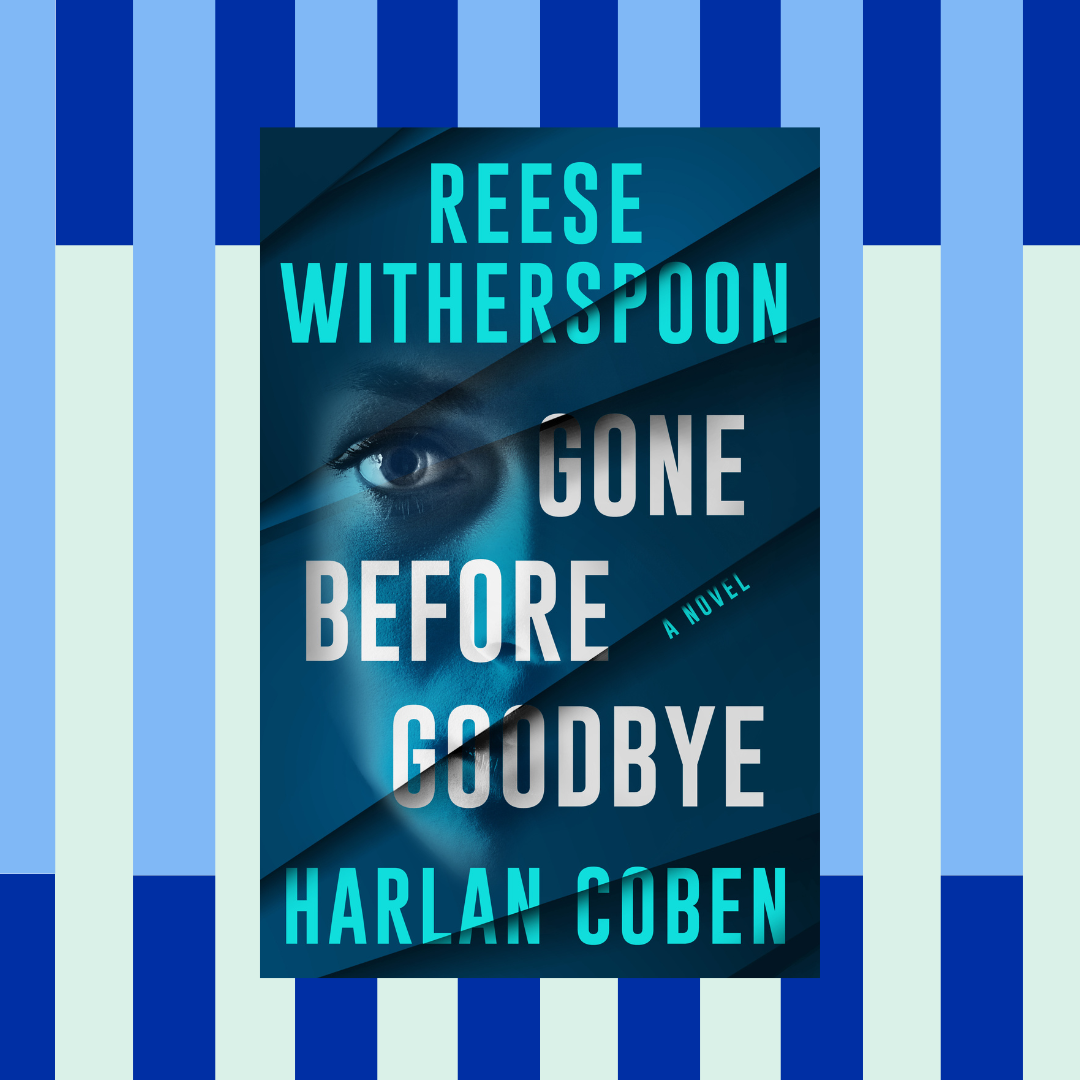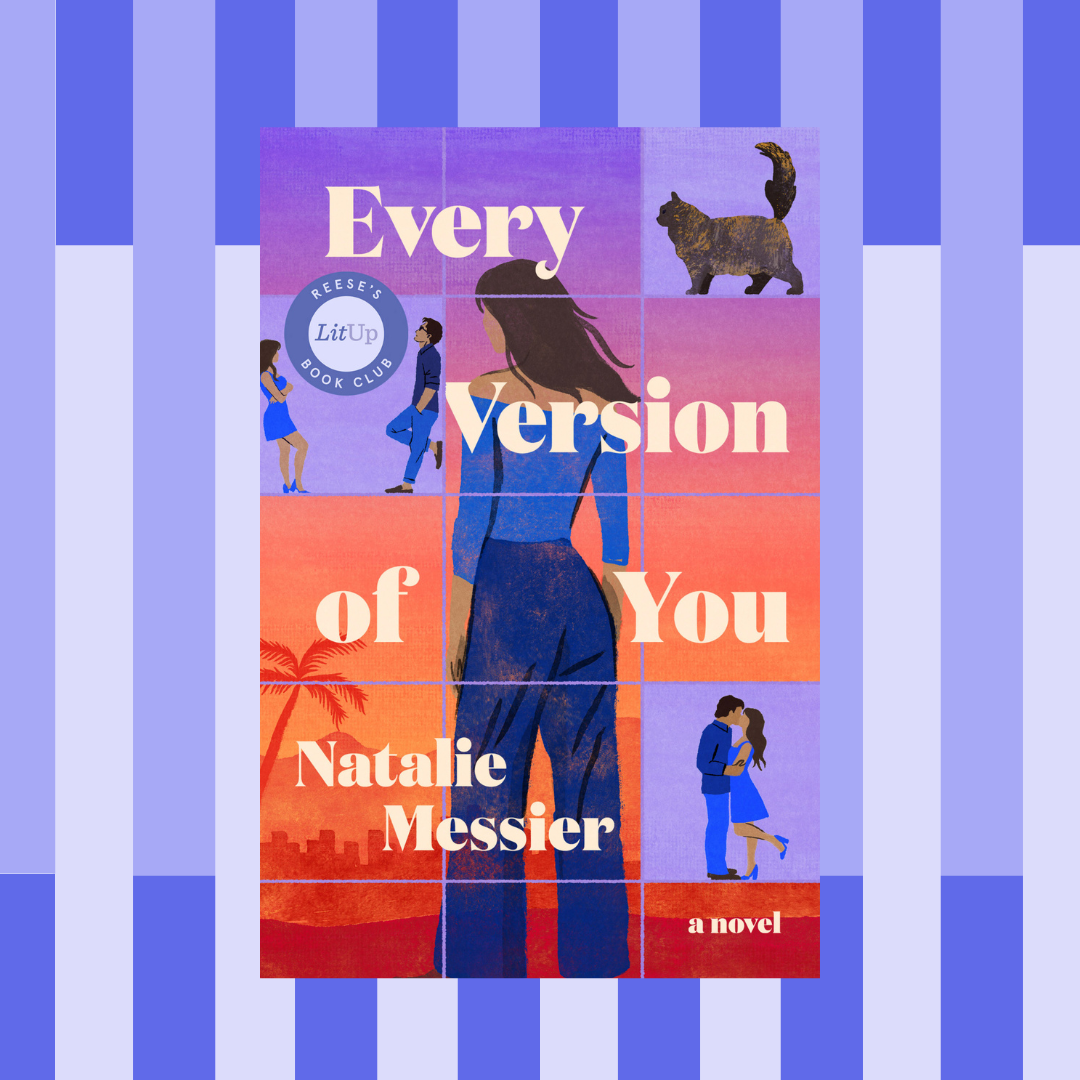Elin Warner, the main narrator in The Sanatorium, is a detective, but when she arrives at Le Sommet she’s on a career break, though her job still very much defines her.
Because Elin is the only detective present at the snowbound hotel, she is forced to step up to the plate, and in doing so is challenged in every possible way. I think that it’s in this challenge—when someone is pushed to their limits—that we get to see the true essence of their character, and this makes for an exciting read.
Elin is already feeling emotionally fragile when she arrives at the Le Sommet, haunted not only by a troubling case, but by the death of Sam, her younger brother. The question marks surrounding both the case and her brother’s death are ultimately what led her to become a detective, with a career dedicated to seeking answers. While Elin has discovered some clues about her past, they’ve never quite fulfilled the answer she is really longing for—the truth about what happened to Sam. This uncertainty has influenced not only her personal life but her professional life, too. As we see in the book, Elin is constantly questioning herself as a detective, her confidence further eroded by how the people around her react to her emotions and decisions.
This reaction to emotion was something I was keen to explore in the novel and why it was so important for my detective to be a woman. I wanted to use Elin’s emotional state to expand upon one of the themes of the novel: how women’s feelings and experiences often aren’t taken seriously or are weaponized against them. I wanted to show Elin being challenged by this as a detective because I felt that would give her a stronger ability to relate to, and empathize with, the other women in the novel. I thought this would this would allow her to better understand the behavior of Laure, Cecile, Margot, and others.
I think even now, women in particular, but men, too, still modify their behavior in the workplace according to our culture’s—often sexist—expectations. In some of my previous jobs, I’ve found that communication was very much centered around what would be considered “masculine” norms—relatively formal expression lacking in emotion and quite competitive–rather than how someone might naturally choose to express herself.
I believe that this is down to the fact that people sometimes struggle with others openly expressing their emotions as it can make many feel uncomfortable. Emotional sentiments, in my experience, have been often dismissed as “irritating,” “a flaw,” or “a weakness,” disqualifying that person being taken seriously. The result, of course, is that this can cause anxiety for many about speaking up about their feelings and experiences in case it reflects poorly on them. As explored in the novel, people often choose to “look the other way” rather than listen to someone who is emotionally fragile, which can have devastating consequences.
Elin is someone who not only refuses to look the other way but who is completely and unashamedly herself. She’s very open as a narrator and as a detective, telling the reader and the characters around her exactly how she is feeling. I wanted her to be a female detective who doesn’t have it all together, someone who has the same fears and anxieties as people do in real life. I’ve tried to show her working through these complex emotions and anxieties as well as exploring how the characters around her, such as Will and Lucas, react as she goes about her work. I was keen to show this visible struggle and journey back to confidence as a strength, not the weakness that it’s often perceived to be.
I’m sometimes frustrated reading other novels featuring female detectives when they’re given what are traditionally seen as more masculine traits and attributes in order to fit into what is “expected” from a detective within the genre. I wanted to show Elin in a very raw state, but still to be able to do her job despite the real possibility of judgment by both the characters in the novel and readers alike.
I loved writing Elin as a character. She goes on a chilling journey during a pretty scary case whilst also facing down her past and embracing her fears. In my eyes, the fact that she openly expresses her feelings doesn’t make her any less strong or capable, and besides, who has the right to judge or define what “strong” means to each of us?


